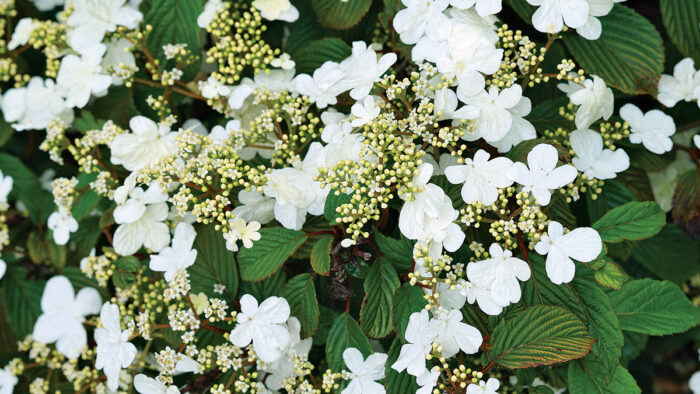
As garden centers start to open their doors for the season (and we get ready to run into them with open arms), we decided to ask some regional experts what plants are on the top of their shopping lists this year. These wish list plants are undoubtably beautiful, but many are also hardy, resistant to diseases and pests, long bloomers or more compact than other varieties. In other words, before you check out these four must-have plants for the Southeast, you’ll want to find some more space in your garden.
1. ‘Bluffton Blues’ Mellichamp’s Skullcap
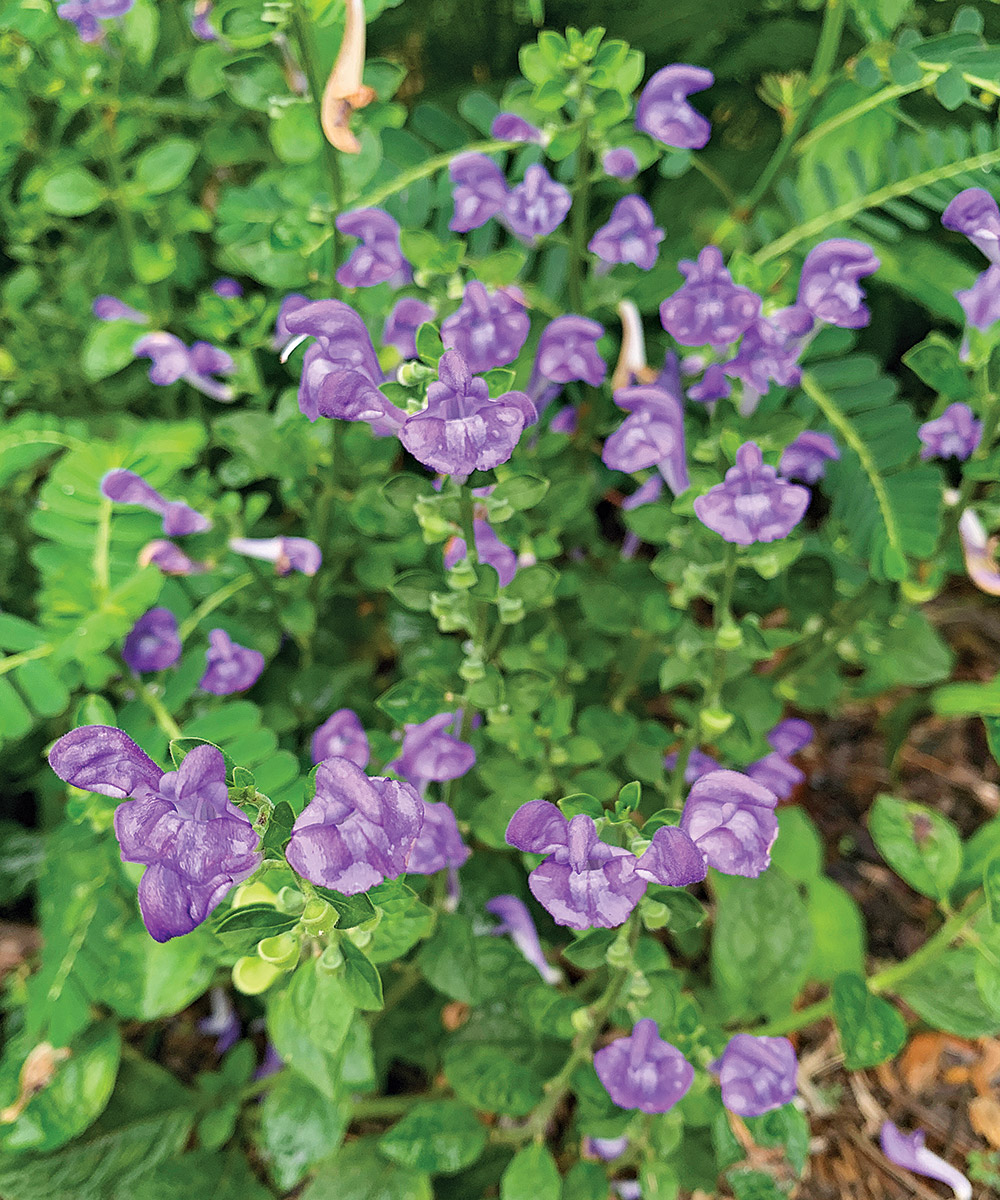
Name: Scutellaria mellichampii ‘Bluffton Blues’
Zones: 7–9
Size: 2 feet tall and wide
Conditions: Full sun to partial shade; well-drained soil
Native range: Southeastern United States
I love skullcaps, both the sun-loving and the woodland species, so I was surprised when this native southeastern one crossed my path only last summer. Named in honor of a botanist forefather of Larry Mellichamp, one of North Carolina’s most knowledgeable plantsmen today, this perennial makes a mound of aromatic foliage that is topped from late spring to fall with pale blue-lavender flowers. The deer have ignored my one plant, and I plan to purchase many more to scatter throughout the garden.
2. Little Hard-Leaf Fern
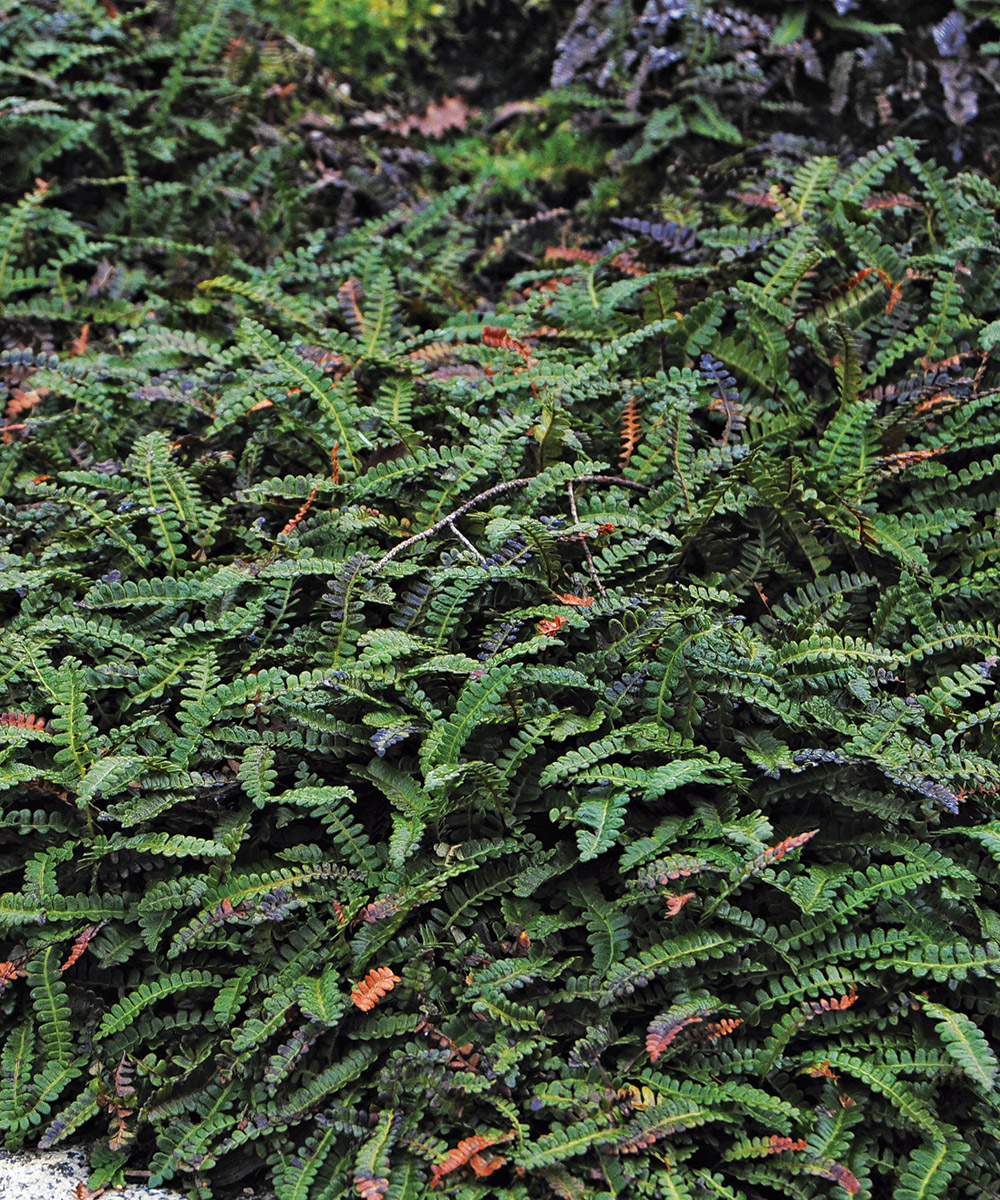
Name: Austroblechnum penna-marina subsp. alpina
Zones: 7–8
Size: 6 inches tall and 8 to 15 inches wide
Conditions: Partial to full shade; evenly moist to boggy soil
Native range: New Zealand
I can always use small creepers to weave together under other plants and to edge paths in my woodland. This little fern is especially good for problematic damp spots where plants either rot or become overly aggressive. Upright fronds emerge coppery red before deepening to green. It is relatively sun tolerant if given adequate moisture all summer. It makes such a great textural addition that I’m planning to install several flats to create edging and small drifts in the shade garden, and to grow with my moisture-loving Japanese iris (Iris ensata, Zones 4–9). Best of all, it is deer-proof.
3. Steady Eddy™ Doublefile Viburnum
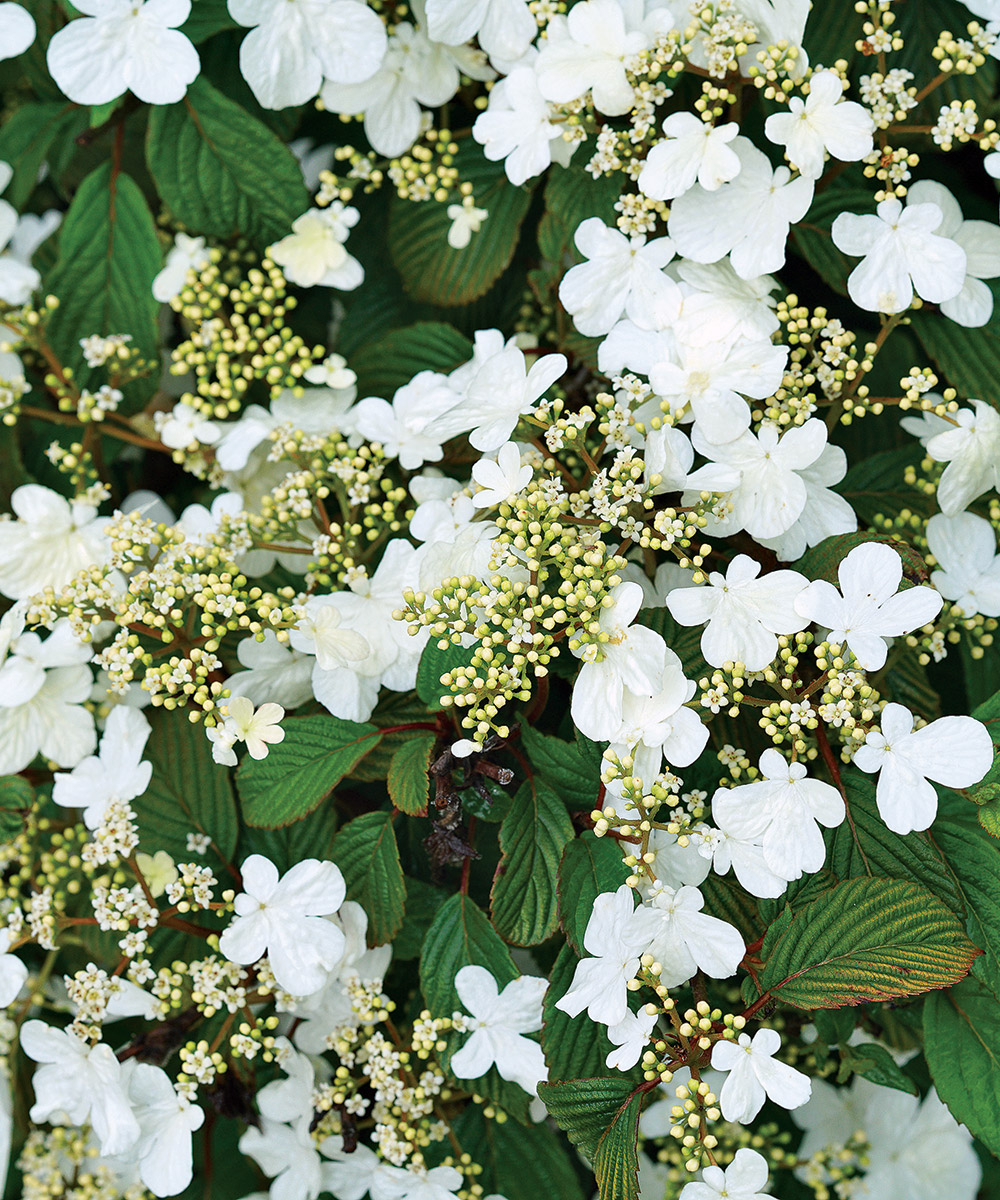
Name: Viburnum plicatum var. tomentosum ‘NCVP1’
Zones: 5–8
Size: 5 feet tall and wide in 10 years
Conditions: Full sun to partial shade; average to moist, well-drained soil
Native range: China and Japan
As someone with varied tastes and a collector’s mindset, I find that space is always an issue; new plants have to earn a spot in my garden. This new form knocks the old standby ‘Summer Snowflake’ off its pedestal with better, more reliable early spring flowering, repeat blooming throughout the summer, and a tight, compact habit. The white lacecap flower clusters are followed by brilliant red fruit, and in fall the foliage turns shades of burgundy and red. I will grow this showboat in a prominent spot with evergreen, winter-flowering ‘Jingle Bells’ clematis (Clematis cirrhosa ‘Jingle Bells’, Zones 7–9) twining through it to cover the bare winter branches.
4. Golden Falls® Weeping Redbud
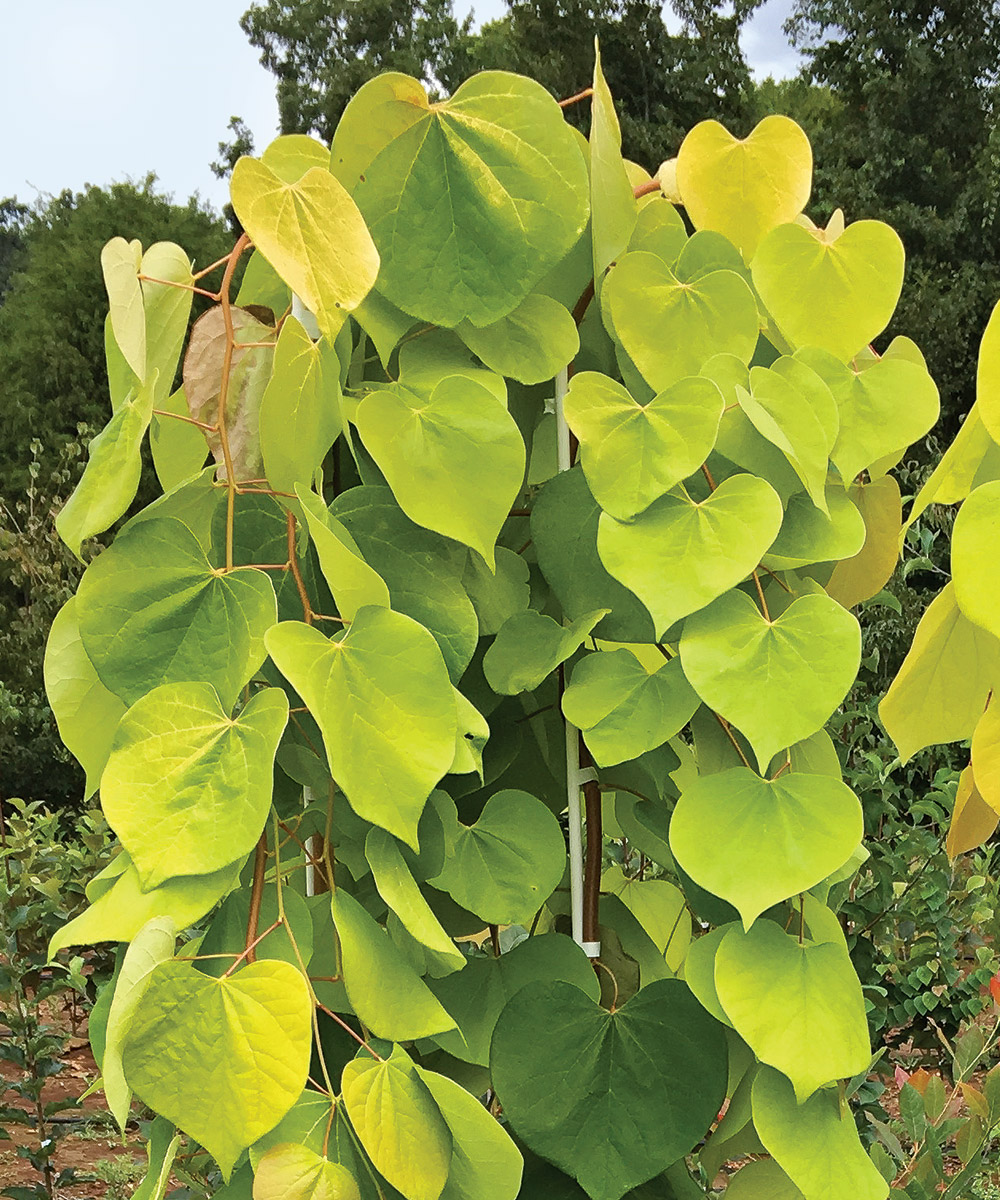
Name: Cercis canadensis ‘NC2015-12’
Zones: 5b–9
Size: 8 to 10 feet tall and 4 feet wide
Conditions: Full sun to partial shade; moist, well-drained soil
Native range: Eastern North America
This new redbud selection from the JC Raulston Arboretum is a strictly weeping, golden-leafed form that makes a piece of living art in the landscape. It is typically staked to about 6 or 8 feet but can be grown quite a bit taller if trained. Unlike most other weeping redbuds, this one’s branches hang nearly straight down, so it can be grown in restricted spaces. I’ve reserved a choice spot for it near the front door, outside a large window. I plan to train it for viewing from inside and outside the house, where the lavender-pink spring flowers, gold foliage, and architectural shape will be appreciated year-round.
Mark Weathington is the director of the JC Raulston Arboretum at NC State University in Raleigh, North Carolina.
Fine Gardening Recommended Products
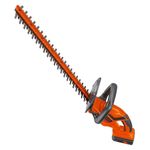
Black and Decker 22-inch Cordless Hedge Trimmer
Fine Gardening receives a commission for items purchased through links on this site, including Amazon Associates and other affiliate advertising programs.
- 38 x 7 x 7 inches
- 6.9 pounds
- 1 Lithium Ion battery required (included)
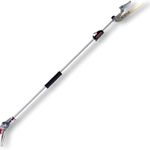
ARS Telescoping Long Reach Pruner
Fine Gardening receives a commission for items purchased through links on this site, including Amazon Associates and other affiliate advertising programs.
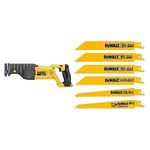
DeWalt Variable-Speed Cordless Reciprocating Saw with 6-Piece Saw Blade Set
Fine Gardening receives a commission for items purchased through links on this site, including Amazon Associates and other affiliate advertising programs.
- 18.31 x 6.13 x 4 inches
- 1-1/8-inch stroke length
- Variable speed trigger with 0-3000 spm
- DW4856 Metal/Woodcutting Reciprocating Saw Blade Set, 6-Piece







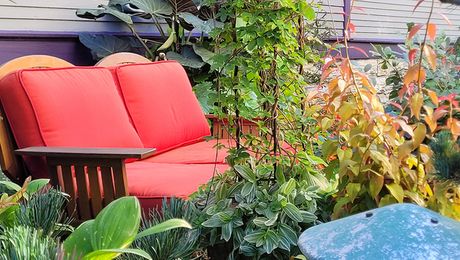
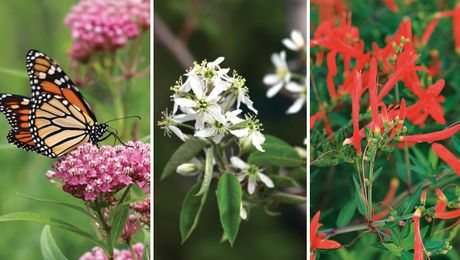










Comments
Mark - I love the Doublefile/Clematis combo for the winter that you mentioned in this article. Do you have a photo of how that looks in the winter? Thanks!
Log in or create an account to post a comment.
Sign up Log in